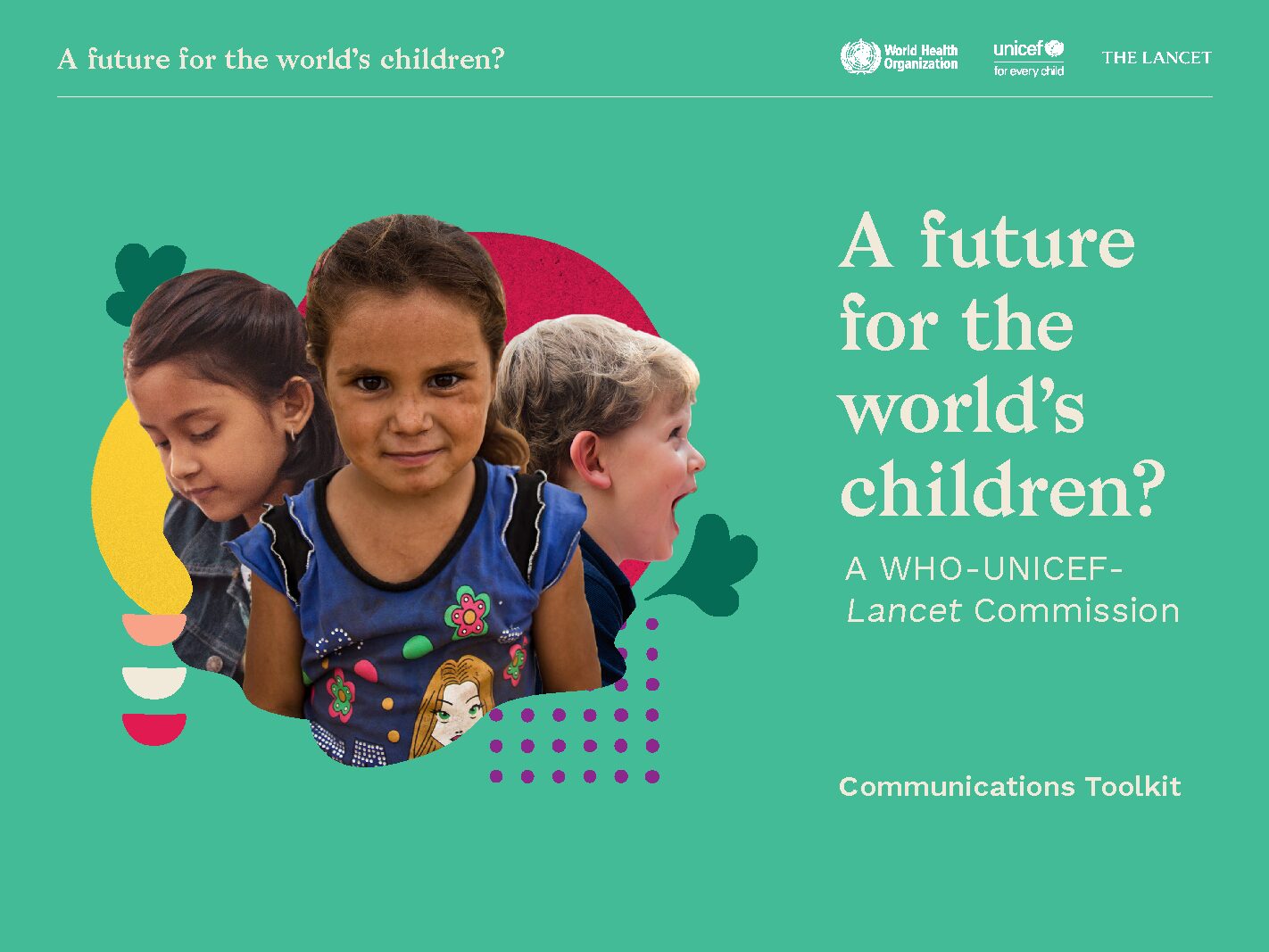
Future of the world’s children
A future for the world’s children?
A WHO-UNICEF-Lancet Commission
Resource Page: https://www.thelancet.com/commissions/future-child
Toolkit: https://www.who.int/news-room/campaigns/a-future-fit-for-children/#resources
Executive Summary
The health and wellbeing of children now and in the future depends on overcoming new challenges that are escalating at such speed as to threaten the progress and successes of the past two decades in child health. The climate emergency is rapidly undermining the future survival of all species, and the likelihood of a world in which all children enjoy their right to health appears increasingly out of reach. A second existential threat that is more insidious has emerged: predatory commercial exploitation that is encouraging harmful and addictive activities that are extremely deleterious to young people’s health.
The WHO–UNICEF–Lancet Commission lays the foundations for a new global movement for child health that addresses these two crises and presents high-level recommendations that position children at the centre of the Sustainable Development Goals (SDGs).
Listen
A future for the world’s children? A WHO-UNICEF-Lancet Commission
Richard Horton, Sarah Dalglish, and Grace Gatera talk about the future for children alive today, alongside findings from the new Commission
A future for the world’s children? A WHO-UNICEF-Lancet Commission
Excerpts
“Currently children around the world are unprotected from commercial predatory interests…”
“Our report chose to focus in on the commercial marketing of harmful products to children and their caregivers. We saw that this has taken on a fairly sinister new aspect in the area of social media and algorithmic targeting. There is a lot of evidence that children are specifically targeted with advertisements for alcohol, tobacco, e-cigarettes, sugar-sweetened beverages, and other unhealthy products. At the same time, their parents are targeted for ads for breast milk substitutes – all of which can be very unhealthy for children. The amount of these ads is just staggering. Children and adolescents, for example, in Australia, view some 51 million ads for alcohol during sports programs in a single year, mostly during daytime hours. That’s just one example. In an era like today where non-communicable diseases kill some 41 million people globally each year, we thought this issue is not getting nearly enough attention that it requires because people’s health trajectories, in terms of their behaviors, what they eat, drink, whether they smoke, are often set during childhood and adolescence.”
– Sarah Dalglish
“Overnutrition is causing disease on a vast scale and is almost impossible to stamp out…”
Richard Horton explains why and what we can do about it:
“There’s not one country in the world that’s successfully introduced policies to address overnutrition and the driving forces of overnutrition are the commercial determinants of health. The predatory behavior of food manufacturers who use marketing and advertising techniques to deliberately target vulnerable young people, and nobody is defending the interests of those vulnerable young people. We think the public health community, the medical community, should be one of those forces in society to protect the interests of children and young people, and that’s what this commission is trying to do…to lay out the evidence, to signpost the challenge, and to begin the action necessary to do so. I think it’s going to be very challenging to commercial determinants of child and adolescent health because we underestimate the force of these predatory food companies in our society. They are huge, the cross transnational borders, they have enormously successful political lobbying, capacities and efforts, and to take the medical and health communities and try and defeat their work is a challenge that seems of superhuman proportions, but the medical community is also transnational, it is its own network, it has enormous and evidential moral force. I think that we can persuade the public that we need to be putting our children first and their interests first. No parent, no family, no community wants to see their children in twenty or thirty or forty years time, living with, suffering from, the kinds of diseases that they are beginning to suffer from because they have become victims of this predatory corporate behavior. So, I think the challenge is great, but the prize is great too, and the prize is the health of our children and young people.”
Link to the report:
A future for the world’s children? A WHO–UNICEF–Lancet Commission

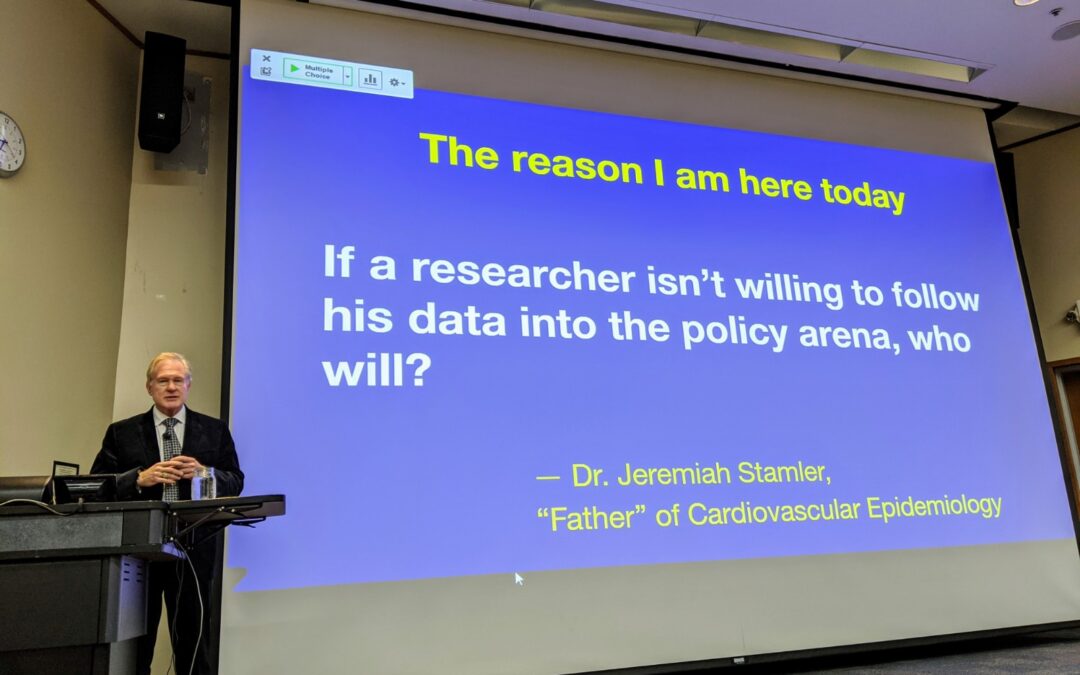

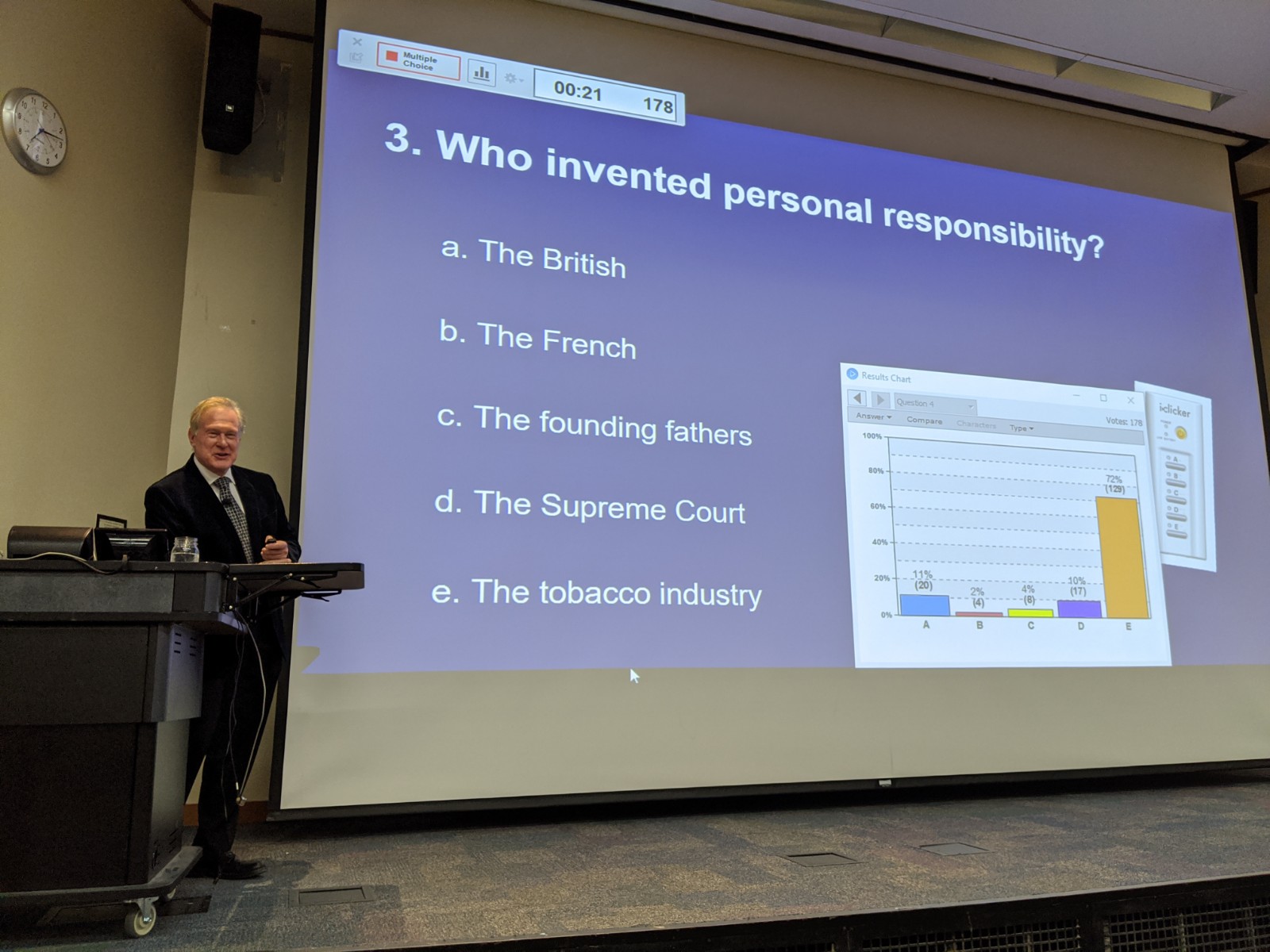
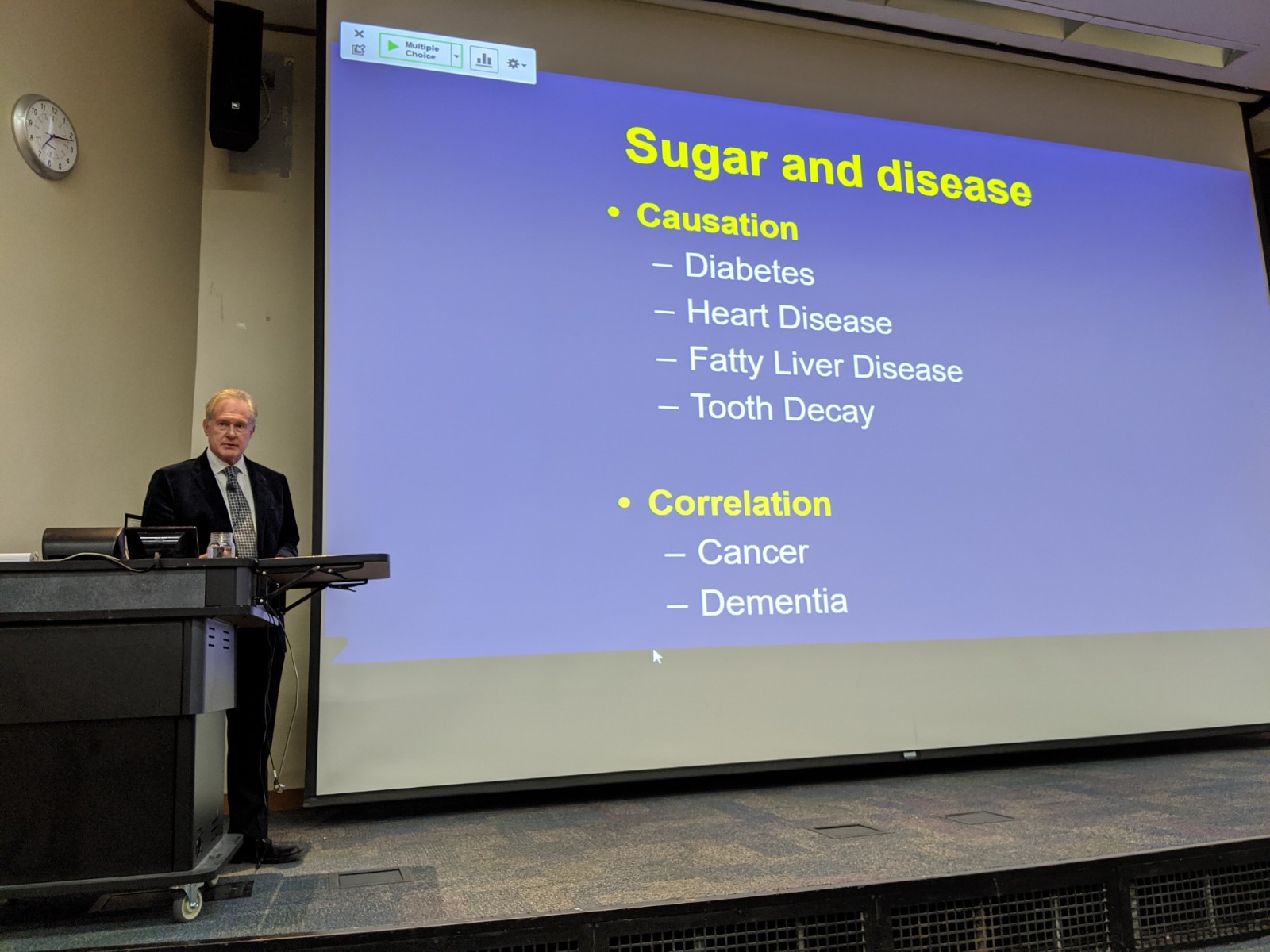
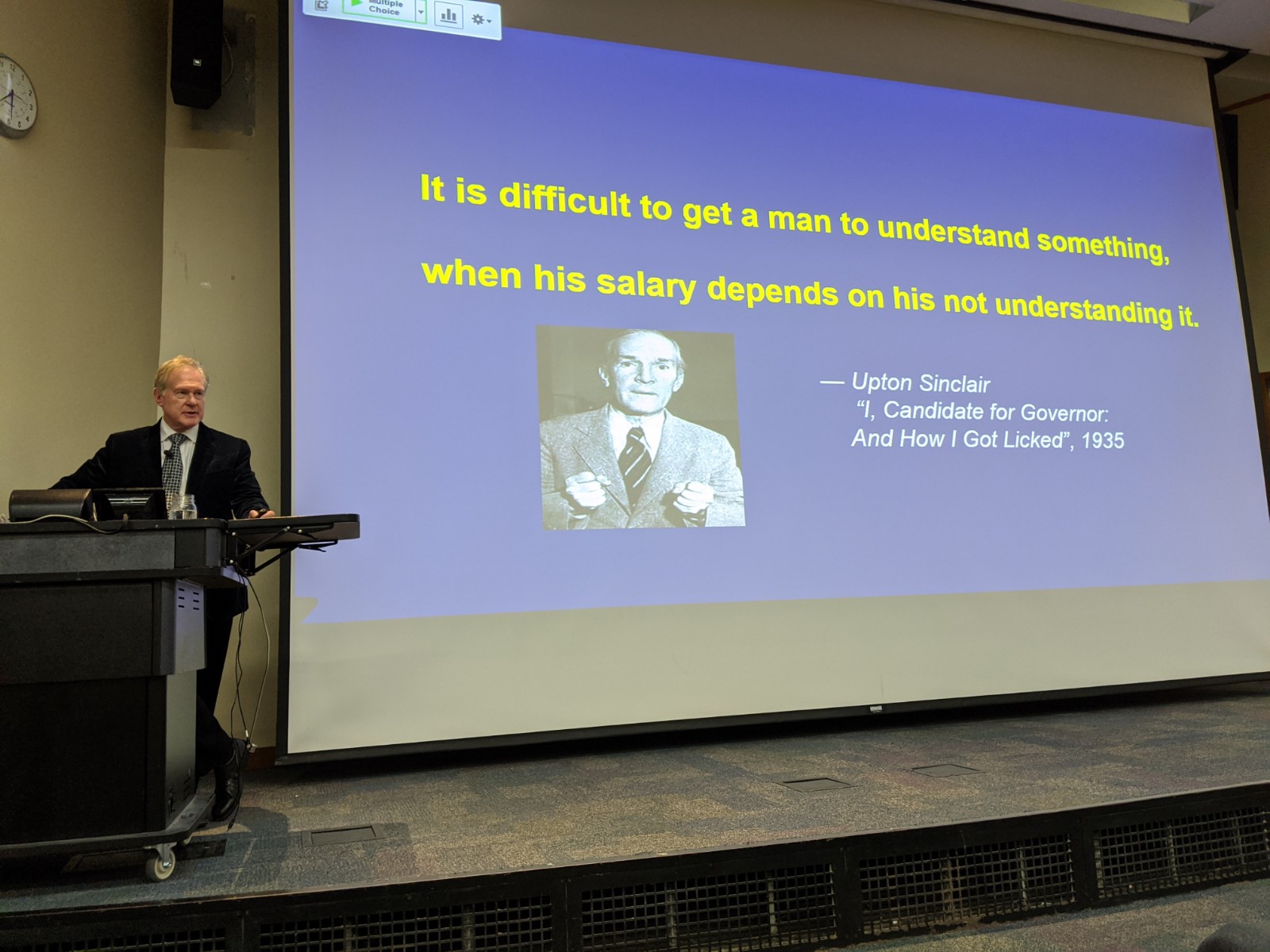


Recent Comments